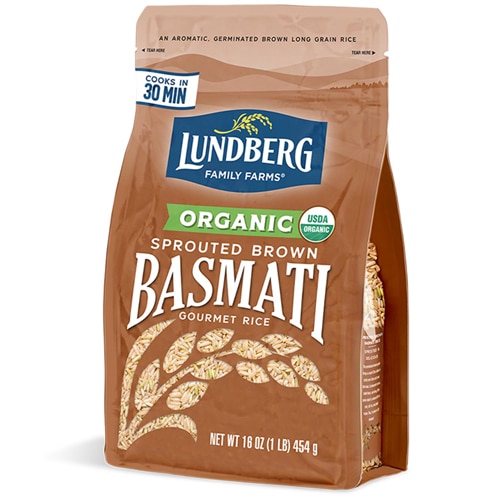Choline is a relative newcomer on the essential nutrient block—adequate Intake (AI) levels for choline were established by the National Academy of Sciences as recently as 1998. Decades ago, the prevailing belief was that we made enough choline in our bodies from other nutrients to meet all our needs. But in the early 1990s, research investigating choline-depleted diets demonstrated that consuming choline foods or taking supplements really does do a body good.
Good dietary sources of choline include eggs, meat, poultry, fish, cruciferous vegetables, peanuts and dairy products. However, if the top choline foods—legumes, eggs, and organ meat—don’t cut it for you, it’s worth investing in a choline supplement.
Here are three reasons why choline is important for health:
Methylation
No cellular organism could survive without the process of methylation. Building DNA, nerve signaling and detoxification are just some of the important processes dependent on methylation.
Methylation converts toxins of all kinds from insoluble, less soluble or fat-soluble compounds into water-soluble compounds, making it easier for the body to eliminate them. When the body doesn’t have the necessary support, inadequate methylation has been linked to memory loss and cardiovascular disease.
Structural integrity
Through a synthesis process, choline helps maintain healthy cell membrane structure. Cells depend on choline for metabolic control and to balance key biochemicals needed for cell growth, function and repair.
Nervous system activity
Choline is a forerunner to the neurotransmitter acetylcholine, which is central to muscle function, memory and learning. The part of your nervous system that runs your heart and keeps your intestines moving is fueled by acetylcholine.
If you want to support a healthy brain, memory and overall cognitive function, make sure you are eating adequate amounts of choline foods. This humble yet powerful nutrient should not be overlooked. If, like most Americans, you get only half the suggested 425-550 milligrams of choline a day through your diet, try to figure out ways to supplement your consumption.
The National Academy of Sciences established an adequate intake level of choline as:
- Men, 550 mcg
- Women, 425 mcg
- Pregnant females of any age, 450 mg
- Lactating females of any age, 550 mg




